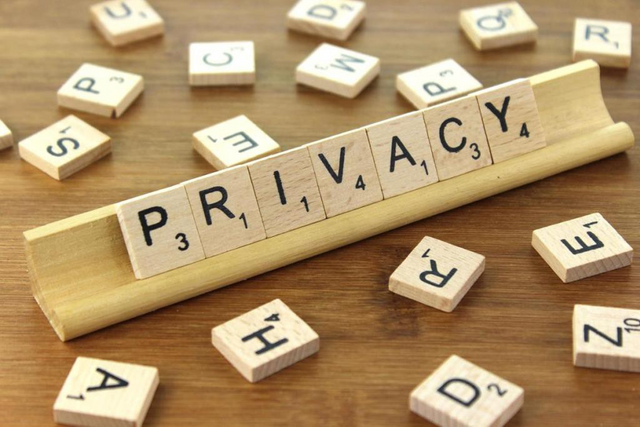
Privacy is a persistent concern for humans, and it has been with us since we started conducting significant amounts of our social lives in public. From the very first newspaper articles that were printed about individuals, to the recent revelations of Edward Snowden regarding government surveillance programs, privacy concerns have become increasingly apparent. It seems as if people are more aware than ever before that their private information is not safe from prying eyes such as governments or corporations.
The answer to the question 'what is privacy' is not easy. It seems to me that humans sometimes can feel like they have a right to privacy, and at other times people do not care about it at all. Privacy does seem important in some situations, but not in others.
Perhaps privacy is not a right, but something that people care about because of the way it makes them feel. For instance, if my private information is leaked or released publicly, then I may be embarrassed. Another example might be that someone who has their financial information exposed will lose some trust in institutions and corporations to keep their data safe.
But what is privacy, really? Privacy seems to be a state of mind. It's when you feel like your private information will not be revealed or exposed.
There is a difference between privacy and secrecy. A secret is something that should remain unknown, and this may be for any number of reasons. Governments often keep classified information secret because disclosing it could harm national security or reveal the plans of an enemy.
Even though secrecy may be a good thing, it is different from privacy. Privacy seems to create feelings of isolation and separation from others. In contrast, secrets often feel like they are part of an inner circle that you should not want to reveal to the public.